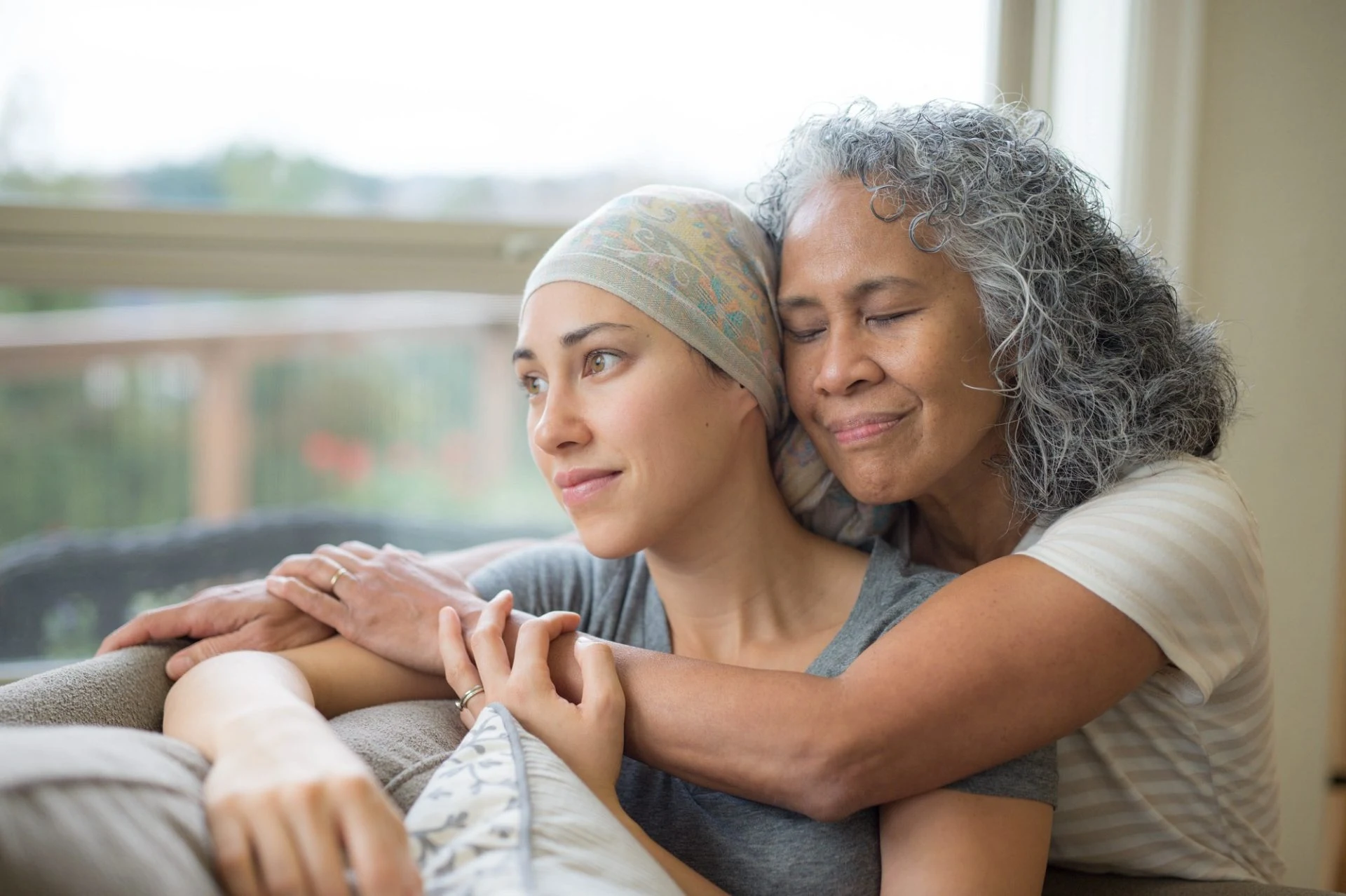Some medical complications can range from infections and organ damage to long-term health issues / NIH. Cancer is indeed a significant healt...
 |
| Some medical complications can range from infections and organ damage to long-term health issues / NIH. |
As discoveries in cancer treatment progress, there is optimism that future therapies may address the root causes of cancer more directly, leading to better outcomes and improved quality of life for patients.
Immunotherapy and targeted therapies aim to provide more effective and less toxic treatment options for cancer patients in the future.
According to the National Cancer Institute's findings, the medical implications and side effects of cancer treatments can be severe and even life-threatening. Chemotherapy, radiation therapy, and surgery, while often effective in targeting cancer cells, can also harm healthy cells and tissues, leading to various medical complications for cancer patients.
These complications can range from infections and organ damage to long-term health issues. Additionally, certain treatments may weaken the immune system, making patients more vulnerable to infections or other medical problems. Moreover, the psychological and emotional toll of cancer diagnosis and treatment can further impact a patient's well-being.
Improving cancer treatments involves not only finding ways to target cancer cells more effectively but also minimizing the side effects and complications associated with these treatments. Personalized medicine approaches, which tailor treatments to individual patients based on their unique genetic makeup and other factors, hold promise in reducing adverse effects.
Enhancing supportive care, including symptom management, psychological support, and rehabilitation services, is also crucial in improving the overall experience and outcomes for cancer patients. Additionally, ongoing research into new therapies, such as immunotherapy and targeted therapies, aims to provide more effective and less toxic treatment options for cancer patients in the future.


.jpg)

.jpg)


